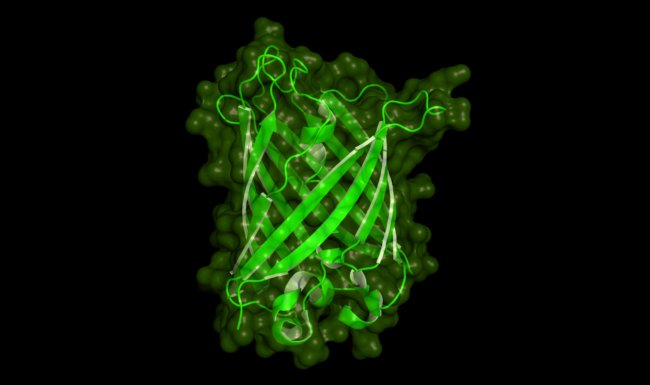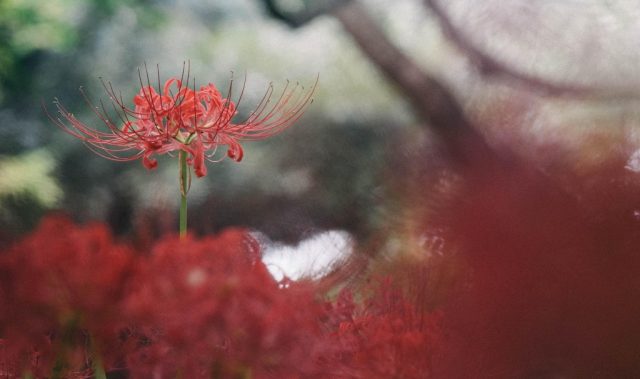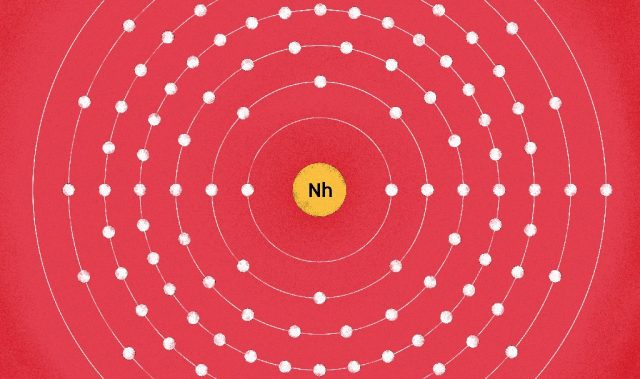
Asian Scientist (Jul. 15, 2013) – Scientists in Japan have discovered a way of getting cells to produce proteins more efficiently for biotechnology or biomaterial applications.
Proteins are typically encoded by linear strands of messenger RNA (mRNA). The cell’s RNA-reading machinery has to scan through the entire mRNA code for the protein once in order to generate a single copy of the protein.
In their study, published in Angewandte Chemie, researchers have now demonstrated that by using mRNA engineering into a closed loop, they can create a steady assembly line for continuous protein production.
Other researchers had attempted to do this in bacteria, but concluded that the process was considerably less efficient than using linear RNA templates.
However, by systematically testing different versions of the closed loop mRNA code, the researchers were able to show that their circular RNA molecule exhibited far superior performance: it generated 100-fold more protein than the conventional linear RNA method.
According to the researchers, this efficiency boost may be due to fact that unlike linear RNA, which requires the cell’s RNA-reading machinery to be released after reaching the end of the code, closed loop RNA keeps the RNA-reading machinery locked onto a continuous circular path, resulting in more efficient protein production.
The article can be found at: Abe et al. (2013) Rolling Circle Amplification In A Prokaryotic Translation System Using Small Circular RNA.
——
Source: RIKEN; Photo: the Tire Zoo/Flickr.
Disclaimer: This article does not necessarily reflect the views of AsianScientist or its staff.












